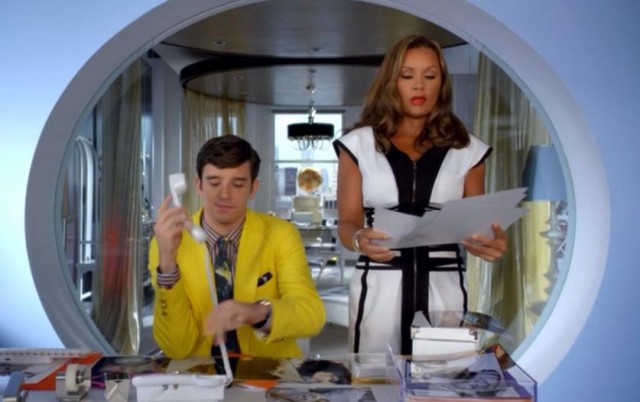How Networking Can Work
by Clea Major

Lately my career has been on my mind. I’m still at the first job that I got out of college, and it has occurred to me that I need to put some thought into how to get past the entry level rung of my personal career ladder. In pursuit of this goal, I’ve been actively attempting to network for the first time in my life.
This has taken the form of conducting informational interviews with people whose jobs I’m interested in. Unlike a regular job interview where the interviewer is a potential employer, informational interviews are conducted purely for information-gathering purposes, so that the job-seeker can find out more about the position held by the person they’re interviewing. Job-seekers are generally advised to conduct informational interviews as a way to network and make connections in their field of choice.
Back when I was actively job-hunting, I dismissed this advice partly because it seemed like my time would be better spent actively applying for jobs rather than meeting with strangers who had no jobs to offer. Mostly I passed on informational interviewing because I was shy, and cold-calling strangers to ask them to discuss their jobs with me was intimidating. But now that I’m established in a large company, it’s a matter of reaching out to people in departments that I want to work for. Way less intimidating, since technically we’re already co-workers.
These meetings have been pretty casual. I don’t go in with much of a script, although I do come prepared with questions to ask the person I’m interviewing: what do they do on a day-to-day basis, what their department looks like, and how they got to their current position, among others. I don’t always get the chance to ask these exact questions, but often the interviewee will provide answers without prompting as the conversation moves organically. Sometimes the conversation will move on to topics that I couldn’t have predicted. Sometimes the interviewee ends up asking more questions of me than vice versa.
I’ve had the most success with these interviews by treating them as regular conversations. Usually they’ve just been me stopping by the interviewee’s desk and chatting for twenty minutes or so. I’ve been surprised to find that when I’m very honest and up-front about wanting to work in a particular department or in a particular position, people are willing and eager to help me get there.
The people I’ve interviewed have given me great suggestions for next steps to get where I want to go, they’ve introduced me to other people I should interview, and they’ve offered to mentor me. People love meeting someone who is actively interested in their career, and they love talking about their job. I’m always nervous going into these meetings, and they always go better than I could have planned.
This whole process has been incredibly valuable to me because of my aforementioned shyness. As a generally introverted person, networking is not something that comes naturally to me. My tendency is to be a wallflower at big events that require mingling to make connections. Informational interviewing is a much better option because it’s a one-on-one situation, allowing me to come out of my shell and connect directly with the other person.
The downside of informational interviewing is that there’s not necessarily a tangible result. You walk away with a good feeling, having made a connection and learned something about a position you’re interested in, but there’s no job offer on the table. It’s hard not to feel like I’ve done nothing but have a good conversation with someone.
But although the results might not be readily apparent, I believe that learning more about departments I might want to work in someday has worth on its own. What’s more, I’m increasing my visibility in the fields that I want to get into. And it’s good practice for conducting informational interviews outside of the company, when I get to that point.
Thinking about having a specific “career path” is sort of alien to me and, I imagine, to most other millennials. Most of us are instead resigned to the idea of drifting from job to job instead of having something that makes sense as a career path. But conducting these informational interviews has encouraged me to think of my career as a real thing, which is maybe their most important result. It’s inspiring to talk to other people who have been where I am and have made it to someplace more desirable. It also makes me more invested in my current position and gives me a greater awareness for how I can leverage my position into something greater. It injects some hope into my job, which is something we all need sometimes.
Cléa Major originally hails from Salt Lake City, UT and traveled East a few years ago for school. She currently lives and works in Carrboro, NC. She can be found on Twitter over here: https://twitter.com/cleammajor
Support The Billfold
The Billfold continues to exist thanks to support from our readers. Help us continue to do our work by making a monthly pledge on Patreon or a one-time-only contribution through PayPal.
Comments